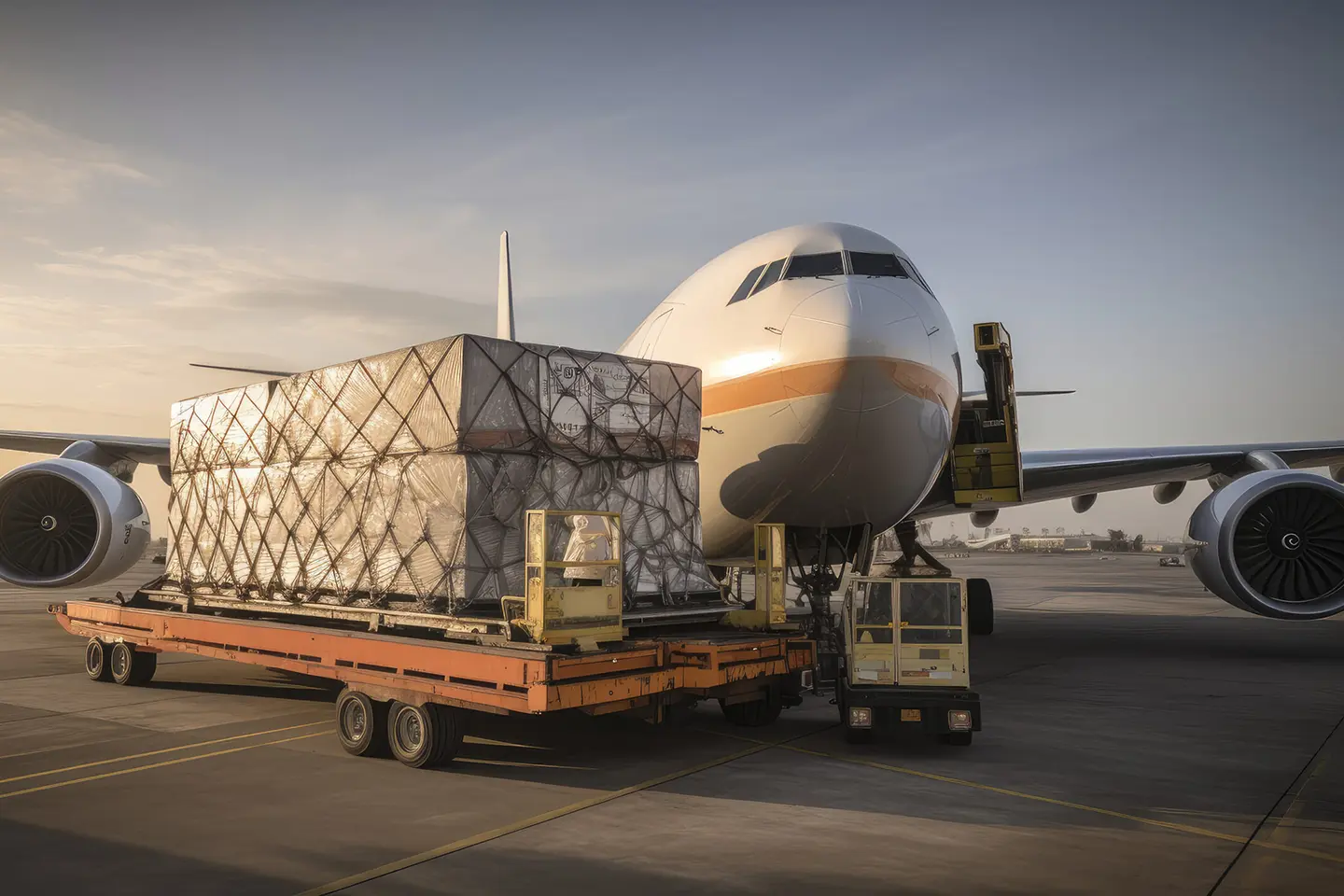In an age where online shopping has become the norm rather than the exception, getting products from warehouses to customers’ doorsteps efficiently is a game-changer. This final step, known as last mile fulfillment, serves as the bridge between virtual transactions and physical deliveries that arrive promptly at customers’ homes. Mastering last mile delivery logistics has become essential for businesses across all industries, evolving from a basic need to a strategic priority.
Why is Last Mile Fulfillment Important?
The last mile is the final stretch of the delivery fulfillment process, where products transition from warehouses to customers’ hands. This seemingly short distance carries immense weight in the eyes of consumers and businesses alike.

The Significance of Last Mile Fulfillment For Consumers
The significance of last mile fulfillment for consumers cannot be overstated. It represents the final section of a package’s journey, where expectations are either met or shattered. Consumers expect nothing less than seamless and efficient delivery of their purchases, and the last mile is where this expectation is realized.
The last mile also plays a crucial role in shaping the overall customer experience. A smooth and hassle-free delivery process enhances customer satisfaction, fosters trust, and strengthens brand loyalty. Conversely, delays, missed deliveries, or poor communication during the last mile can lead to frustration and disappointment, tarnishing the retailer’s reputation and driving customers away.
Finally, the significance of the last mile goes beyond individual transactions. It impacts consumers’ perceptions of the brand as a whole. A positive last mile experience serves as a powerful marketing tool, as satisfied customers are more likely to recommend the brand to others. On the other hand, negative experiences can have far-reaching consequences, as dissatisfied customers are quick to share their grievances on social media platforms, potentially damaging the brand’s reputation and deterring future sales.
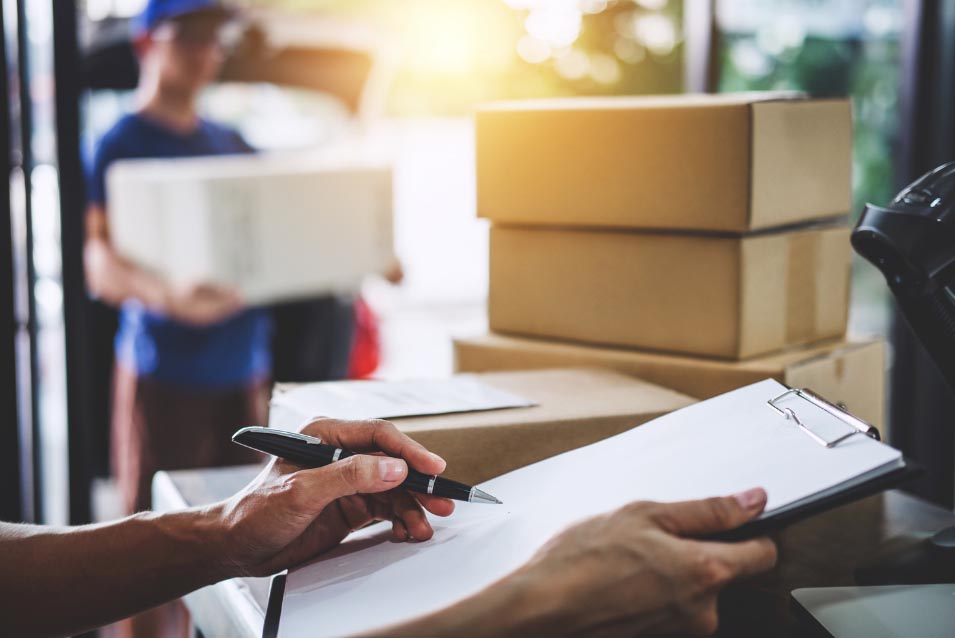
The Significance of Last Mile Fulfillment For Businesses
For businesses, last mile fulfillment holds immense strategic significance, influencing various aspects of operations and customer relations. Firstly, it directly impacts customer satisfaction and loyalty, crucial metrics for long-term success. The last mile is where businesses have the opportunity to differentiate themselves from competitors and strengthen their brand identity. A well-executed delivery experience, characterized by professionalism, transparency, and flexibility, can leave a lasting impression on customers, enhancing the perceived value of the brand.
Secondly, efficient last mile fulfillment contributes to improved operational efficiency and cost-effectiveness for businesses. By optimizing delivery routes, minimizing idle time, and leveraging technology solutions such as route optimization software and GPS tracking, businesses can streamline their logistics operations and reduce overhead costs associated with transportation and labor. This improves profitability and enables businesses to allocate resources more effectively, driving overall business growth and sustainability.
Finally, the last mile presents opportunities for businesses to gather valuable insights into consumer behavior and preferences. By collecting data on delivery preferences, delivery times, and customer feedback, businesses can fine-tune their delivery strategies, tailor their offerings to meet specific customer needs, and stay ahead of evolving market trends. This data-driven approach can enhance the customer experience as well as inform strategic decision-making, enabling businesses to adapt and innovate in response to changing market dynamics.
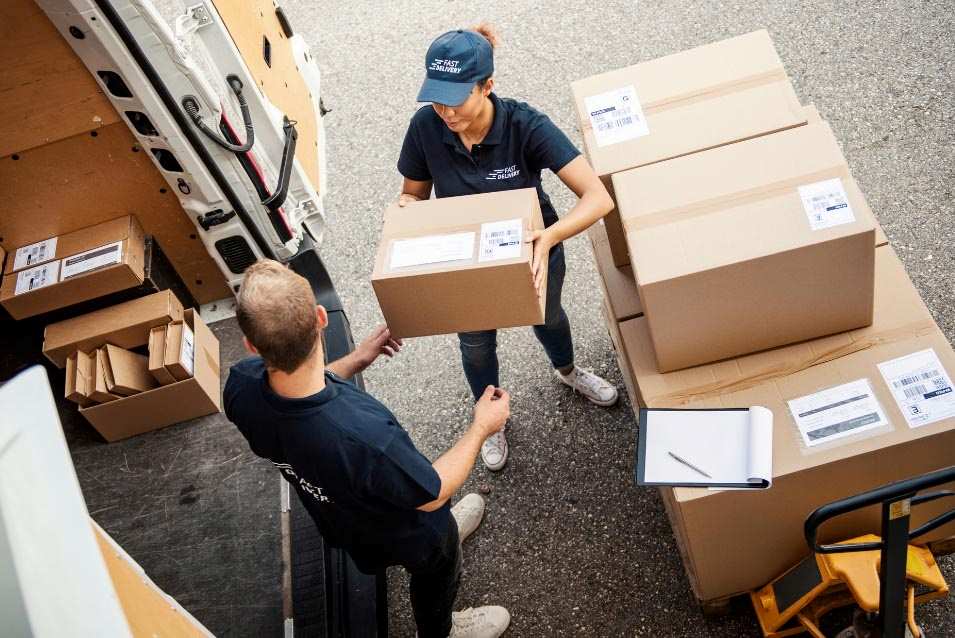
Last Mile Fulfillment Options
Businesses have several options to consider when it comes to handling their delivery operations:
1. In-house Fulfillment Center
Establishing and managing an in-house last mile fulfillment center involves directly handling all aspects of the delivery process, from order processing and inventory management to vehicle dispatch and delivery. By having full control over operations, businesses can customize their delivery strategies to align with their specific needs and preferences. Having your own last mile distribution center also allows for greater flexibility and agility in responding to changing market demands and customer expectations. However, it requires significant upfront investment in infrastructure, technology, and personnel, as well as ongoing operational expenses.
2. Third-Party Logistics Provider
Businesses can opt to outsource their last mile fulfillment operations to a third-party logistics provider (3PL). These specialized companies offer comprehensive delivery services, including warehousing, order fulfillment, and transportation, allowing businesses to leverage their expertise and infrastructure to streamline last mile logistics. Outsourcing to a last mile delivery business can reduce the burden on businesses by eliminating the need for extensive capital investment and operational overhead. It also provides access to advanced technology solutions and industry best practices. However, businesses relinquish some control over the delivery process and must rely on the capabilities and reliability of the chosen 3PL.
3. Hybrid Model
A hybrid approach combines elements of both in-house and outsourced last mile fulfillment. In this model, businesses maintain control over certain aspects of the delivery process, such as order processing and customer communication, while outsourcing other functions, such as transportation and delivery, to a third-party provider. This allows businesses to capitalize on the strengths of each approach, leveraging in-house capabilities for greater customization and control, while benefiting from the scalability and expertise offered by external partners. However, it requires careful coordination and integration of systems and processes to ensure seamless operations across internal and external functions.
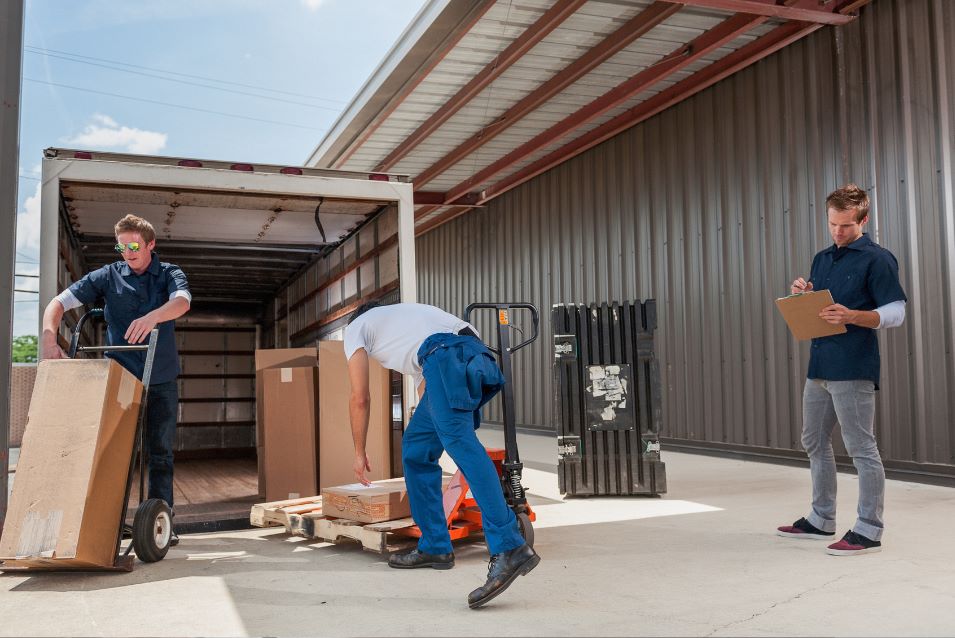
Best Ways to Optimize Last Mile Fulfillment
Optimizing your last mile delivery business model is essential for businesses to meet customer expectations, improve operational efficiency, and stay ahead of the curve. Strategies for achieving this include:
1. Route Optimization:
Utilize advanced route optimization software to plan the most efficient delivery routes, minimizing travel time, fuel costs, and vehicle wear and tear. By optimizing routes based on factors like traffic patterns, delivery windows, and package volume, businesses can maximize productivity and ensure timely deliveries.
2. Real-Time Tracking and Communication:
Implement real-time tracking solutions that allow customers to monitor the status of their deliveries and receive timely updates on estimated arrival times. Providing transparent and proactive communication builds trust with customers and reduces the likelihood of missed deliveries or customer dissatisfaction.
3. Warehouse Efficiency:
Streamline last-mile warehouse operations to facilitate faster order processing and fulfillment. This includes optimizing inventory management, organizing products for easy retrieval, and implementing automation technologies such as robotics and conveyor systems to reduce picking and packing times.
4. Last Mile Delivery Options:
Offer flexible last mile shipping options to accommodate diverse customer preferences and schedules. This may include same-day or next-day delivery, evening or weekend delivery windows, and alternative delivery locations such as parcel lockers or pickup points. Providing options empowers customers and increases the likelihood of successful deliveries.
5. Collaborative Partnerships:
Forge strategic partnerships with 3PLs, transportation companies, and technology vendors to leverage their expertise and resources in optimizing last mile delivery logistics. Collaborating with trusted partners can help businesses overcome logistical challenges and access innovative solutions without having to invest heavily in infrastructure or technology development.
6. Customer-Centric Solutions:
Prioritize the customer experience by implementing customer-centric solutions such as contactless delivery, delivery appointment scheduling, and hassle-free returns processes. By putting the needs and preferences of customers first, businesses can enhance satisfaction and loyalty, driving repeat business and positive word-of-mouth referrals.
7. Data Analytics and Continuous Improvement:
Utilize data analytics tools to monitor key performance indicators (KPIs) related to last mile fulfillment, such as on-time delivery rates, delivery cost per order, and customer satisfaction scores. Analyzing data insights allows businesses to identify areas for improvement, optimize processes, and iterate on strategies for ongoing enhancement.
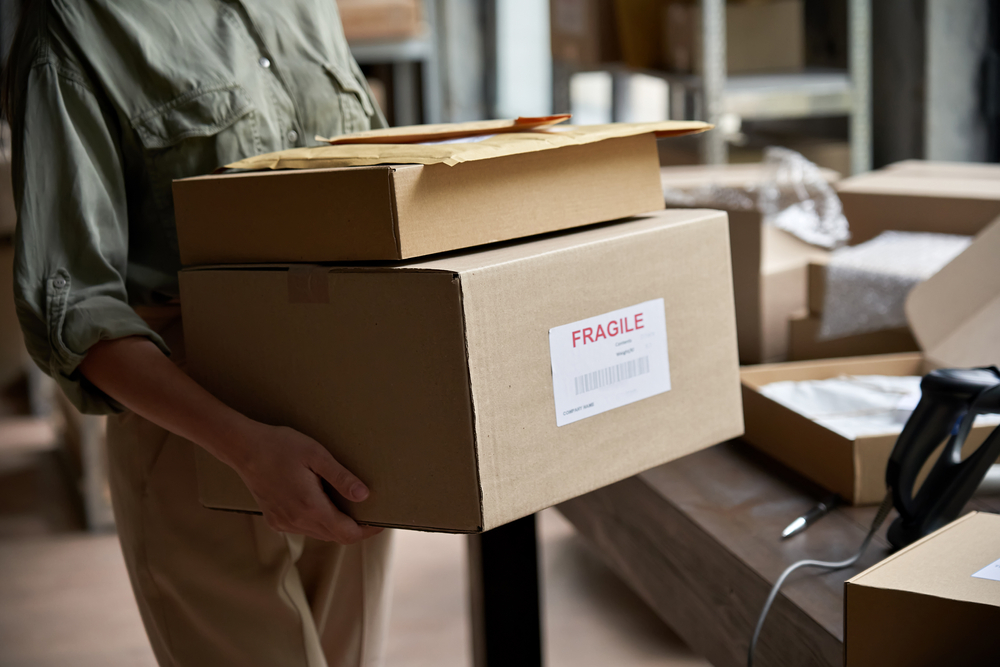
Conclusion
Mastering last mile fulfillment is vital for businesses in today’s competitive landscape. By prioritizing customer satisfaction, optimizing operations, and embracing innovative solutions, businesses can meet the demands of modern consumers and stay ahead of the competition. Elite Anywhere offers comprehensive solutions to streamline last mile logistics, ensuring seamless delivery experiences that drive customer loyalty and business success.
About Us

More than just a white glove delivery company: we specialize in receiving, warehousing, shipping, and national white glove delivery & installation services.
Categories
Related posts
Ready to get started?
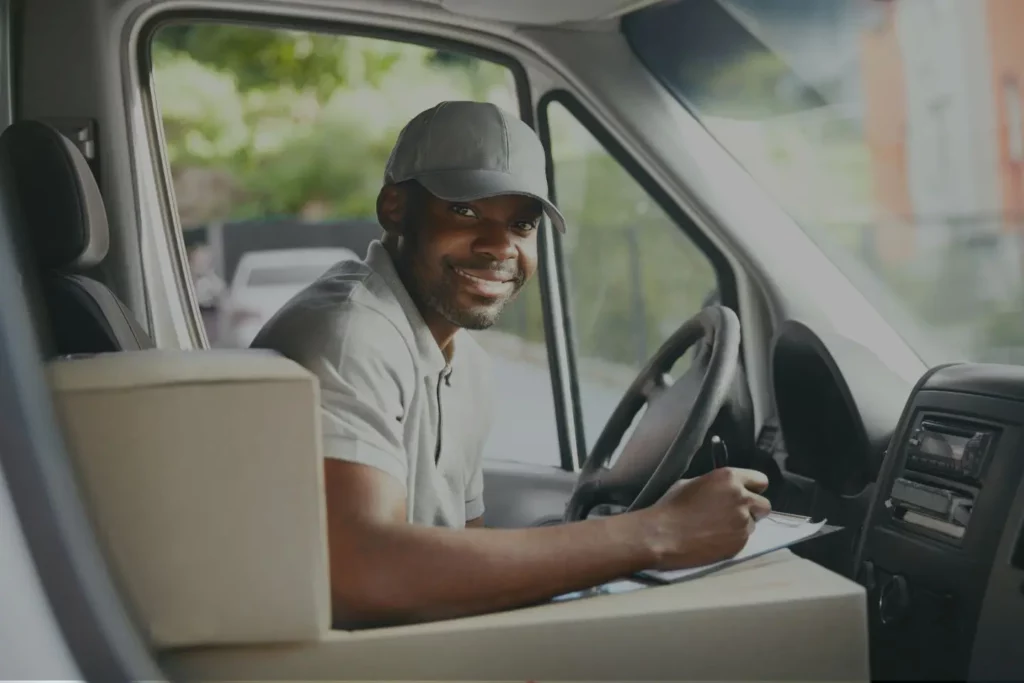
Experience new growth opportunities and elevate your business to the next level with our unparalleled white-glove delivery service and extensive coverage. By partnering with us, you can tap into previously undiscovered potential that will drive you closer to your goals.
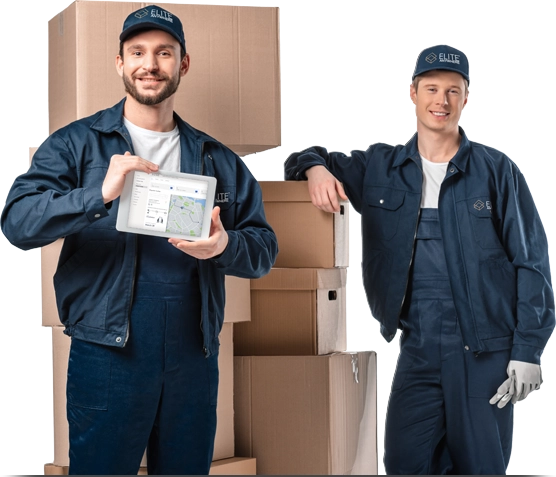
Latest blog posts
Elite Anywhere Moving Art Services: Your Art Deserves the Best
Elite Anywhere have a professional art moving service, ensuring your precious pieces are transported safely and securely. Read more about it!
Your Cargo, Our Care: The Power of Freight Forwarding Services
If you are wondering how to protect furniture in storage, the experts from Elite Anywhere are here to solve any dilemmas and help you navigate the whole process with ease.
From Beach to Beyond: Your Guide to Moving To and From Miami
Moving to or from Miami is an exciting adventure, filled with opportunities for new beginnings and fresh experiences.

A complete end-to-end logistics company. From receiving to last-mile delivery and everything in between, our staff delivers a true white glove experience with meticulous care and attention to detail. Need something pickup up, crated, and delivered - anywhere in the world? Let's get started!




